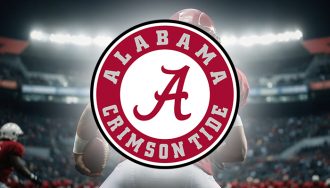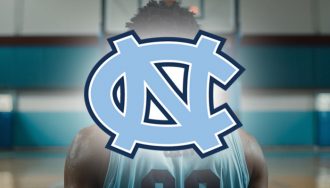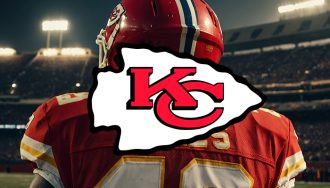 Betting Bill Fails to Get Past Alabama Conference CommitteeRead Article
Betting Bill Fails to Get Past Alabama Conference CommitteeRead Article Lisa SpencerMay 18, 2024
Lisa SpencerMay 18, 2024
As governor Lamont works to unravel the web of interests, the federal Bureau of Indian Affairs is complicating matters further, as it oversees tribal gaming. The two tribes are under compacts for gambling exclusivity, and both Lamont and local lawmakers want to avoid jeopardizing the slot machine revenue the state gets annually, which amounts to hundreds of millions.
This week, Lamont is expected to resume negotiations with the tribes, and there are several potential outcomes.
Bridgeport’s lawmakers have resumed their push for a waterfront casino because they see it as key to the revitalization of the state’s largest city. Initially, they partnered with MGM on a deal for a $675 million entertainment complex and casino. Now, they have joined the Mohegan and Mashantucket Pequot tribes with new plans for a $300 million development project for a smaller casino which was included in last week’s comprehensive gambling expansion bill. Both plans are subject to a General Assembly vote. Proposals for a casino in Bridgeport have continuously been made by developers since the 1990s.
Although an East Windsor casino has already been approved on both the state and federal level, there has been no further development on the project. The Mohegan and Mashantucket Pequot tribes proposed the $300 million project as an attempt to stop gambling revenue from going to a new MGM casino in Springfield. Even so, that casino opened last August while the East Windsor project was still waiting for federal approval. Pressured by litigation from MGM, who stated that the state erred by not ensuring a competitive commercial casino license bidding process, governor Lamont has asked the tribes to abandon their East Windsor project. Despite that, the tribes intend to move forward with their plans.
Another interesting fact is that the XL Center at Hartford has emerged as a potential site for the development of new forms of gambling. Even though the future role of the XL Center in the expansion of legalized gambling became a topic of discussions, what those would be, remains uncertain. House Majority Leader Matt Ritter stated that the XL Center had been discussed among people as a possible destination for sports betting for a long time and Hartford Mayor Luke Bronin agreed this may be a good way to bring fresh revenue to the arena. The expanded gambling bill gives The Mohegan and Mashantucket tribes the option to operate an entertainment zone facility in Hartford, granted to them by the expanded gambling bill. That facility is expected to offer sports betting and even wagering on esports that revolve around competitive multiplayer video gaming.
Sports betting was once seen as an opportunity by Connecticut lawmakers who want to compete with nearby states. Today, it has become the subject of larger negotiations involving a new casino and the tribes, which consider sports wagering a casino game of which the state should grant them exclusive operator rights. Even so, the state lottery and Connecticut’s off-track betting locations have both expressed their interest in getting involved. Like MGM with the casino, Sportech has threatened litigation should the tribes get the exclusive rights to sports betting. While this is going on, Rhode Island, New York, and New Jersey have legal sports betting and take full advantage of the U.S. Supreme Court decision that lifted the prohibition of legal sports betting.
We’ve long believed that the best way forward for the state is to protect and preserve the historic partnership with our two tribes, one that’s generated more than $8 billion in revenue for Connecticut.
said James Gessner, interim chairman of the Mohegan Tribe, and Rodney Butler, chairman of the Mashantucket Pequot Tribal Nation.
 Betting Bill Fails to Get Past Alabama Conference CommitteeRead Article
Betting Bill Fails to Get Past Alabama Conference CommitteeRead Article Lisa SpencerMay 18, 2024
Lisa SpencerMay 18, 2024 North Carolina Lawmaker Introduces Bill to Ban College Prop BetsRead Article
North Carolina Lawmaker Introduces Bill to Ban College Prop BetsRead Article Lisa SpencerMay 15, 2024
Lisa SpencerMay 15, 2024 November Referendum on Sports Betting Likely in MissouriRead Article
November Referendum on Sports Betting Likely in MissouriRead Article Lisa SpencerMay 13, 2024
Lisa SpencerMay 13, 2024